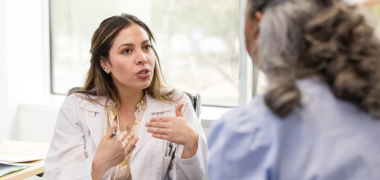
This role has a moderate level of AI exposure. AI can enhance efficiency for some tasks, but this job still relies on human skills and decision-making.
Explore all careersHospital Scientists conduct tests on samples to aid in diagnosing and treating patients, ensuring accurate results to support healthcare.
Get qualified to work as a Hospital Scientist with a course recognised across Australia. Speak to a training provider to learn more.

Browse occupations related to Hospital Scientist



If you are looking to advance your career in the healthcare sector, the available Hospital Scientist courses in Bathurst are designed to provide the knowledge and skills needed for successful practice in this vital field. For those already experienced in health sciences or seeking to expand their qualifications, our offerings include the popular Bachelor of Biomedical Science, a comprehensive course tailored for serious learners aiming to excel in biomedical research and clinical laboratories. Explore this course further here.
In Bathurst, aspiring Hospital Scientists can benefit from the diverse range of educational opportunities catered to the local community. The sole, yet highly regarded course available complements the needs of the healthcare sector by preparing students for roles that contribute significantly to patient care and medical advancements. Additionally, the course aligns with the standards set by industry bodies, ensuring that graduates are well-equipped for their future careers.
Hospital Scientists play an integral role in various healthcare environments, linking their expertise to multiple fields of study such as Healthcare courses, Pathology, and Allied Health. By enrolling in relevant courses, learners can deepen their knowledge and enhance their employability in these critical domains, which are vital to the functioning of our healthcare system.
The vibrant town of Bathurst offers a supportive environment for individuals pursuing personal and professional growth through education. The Hospital Scientist courses not only provide practical skills but also encourage collaboration and networking within the thriving local healthcare community. Taking this step can lead to fulfilling career opportunities that positively impact the lives of others.